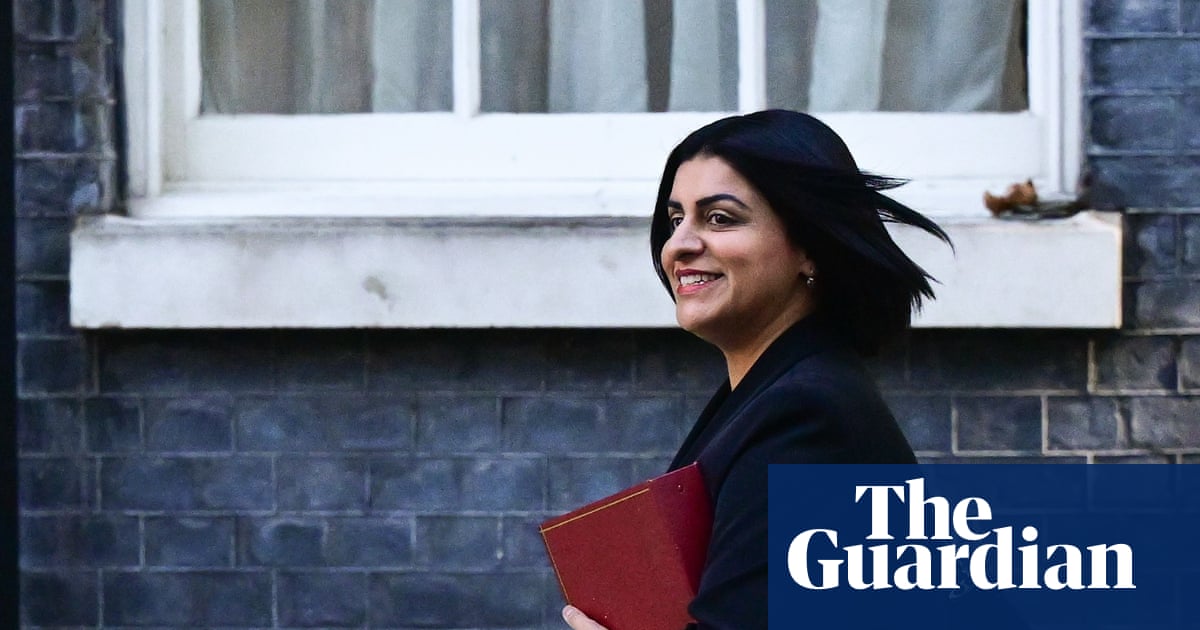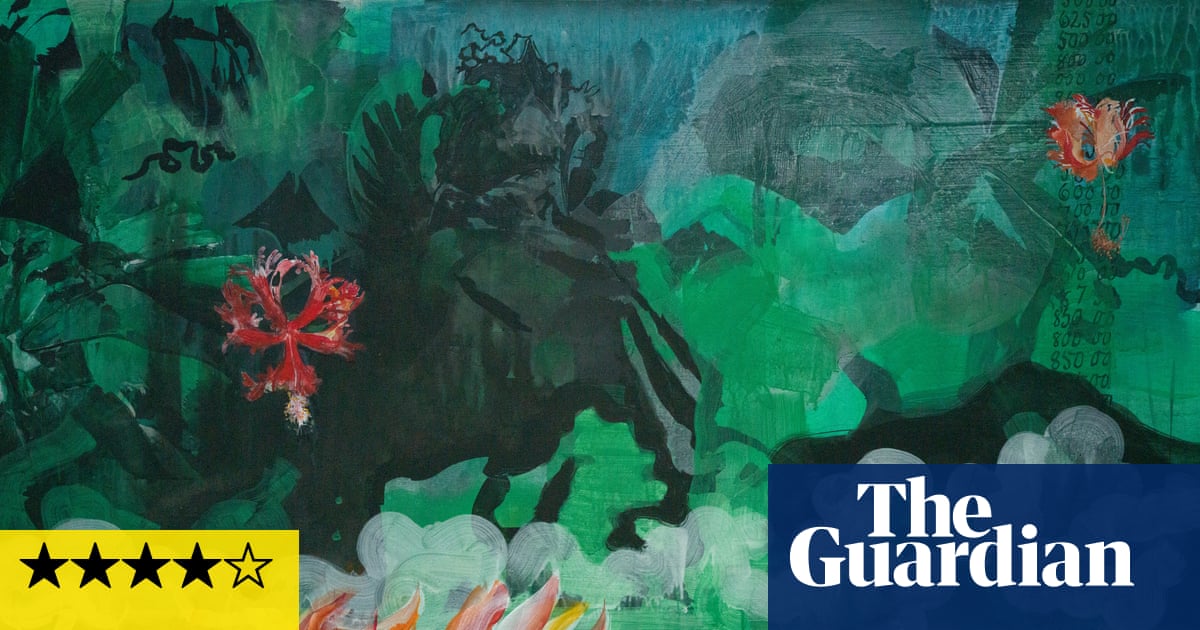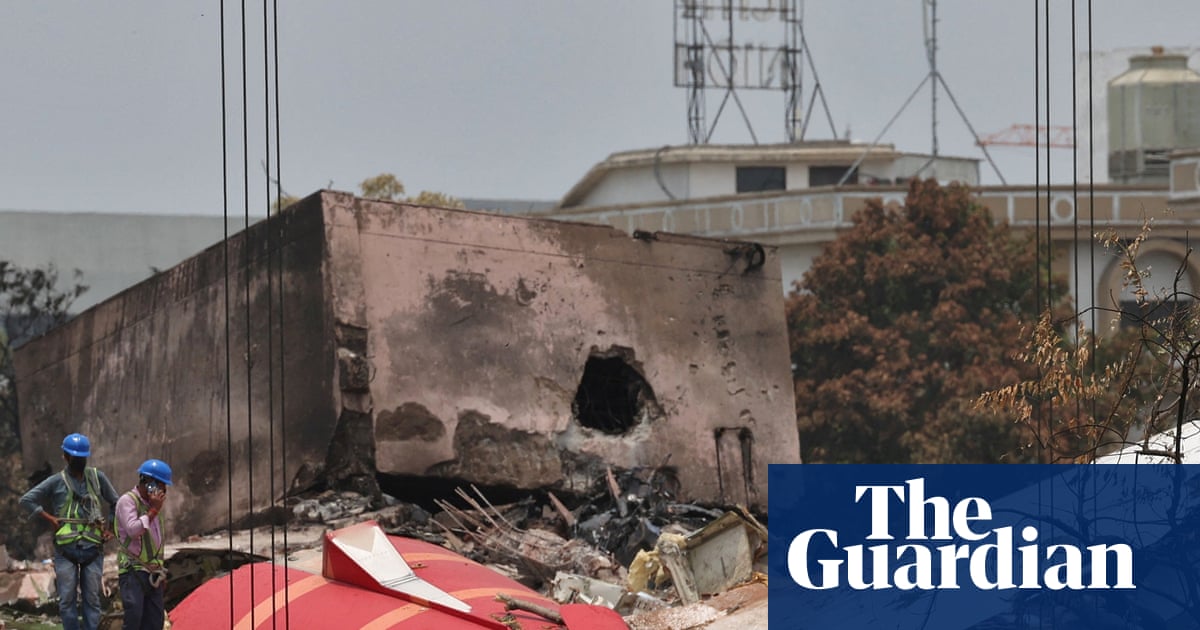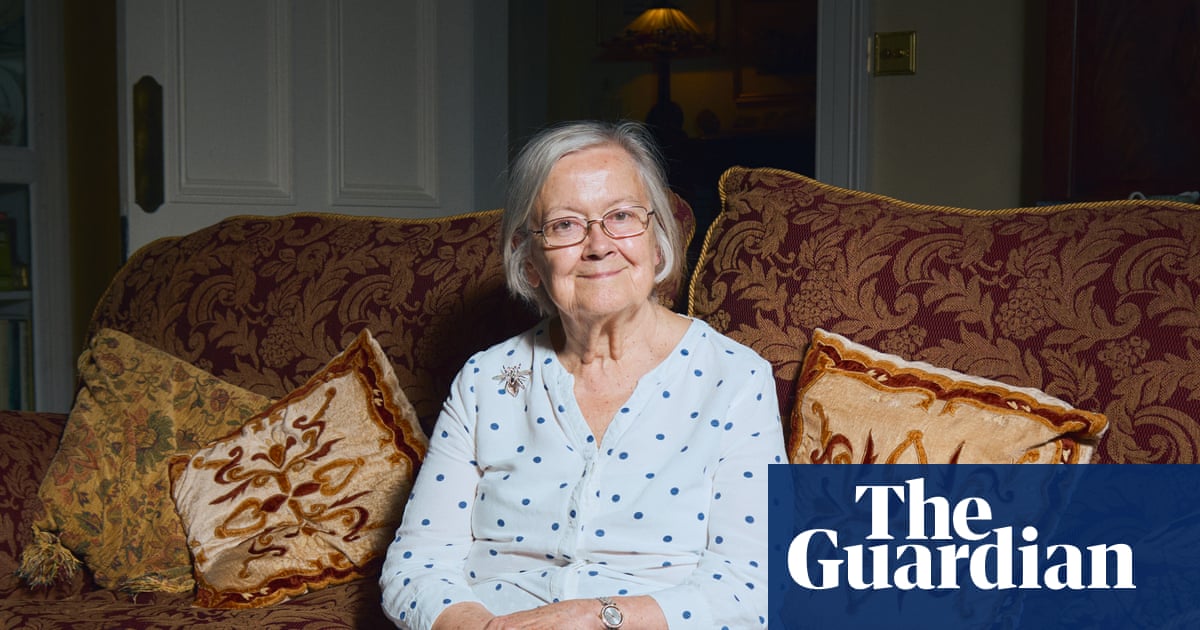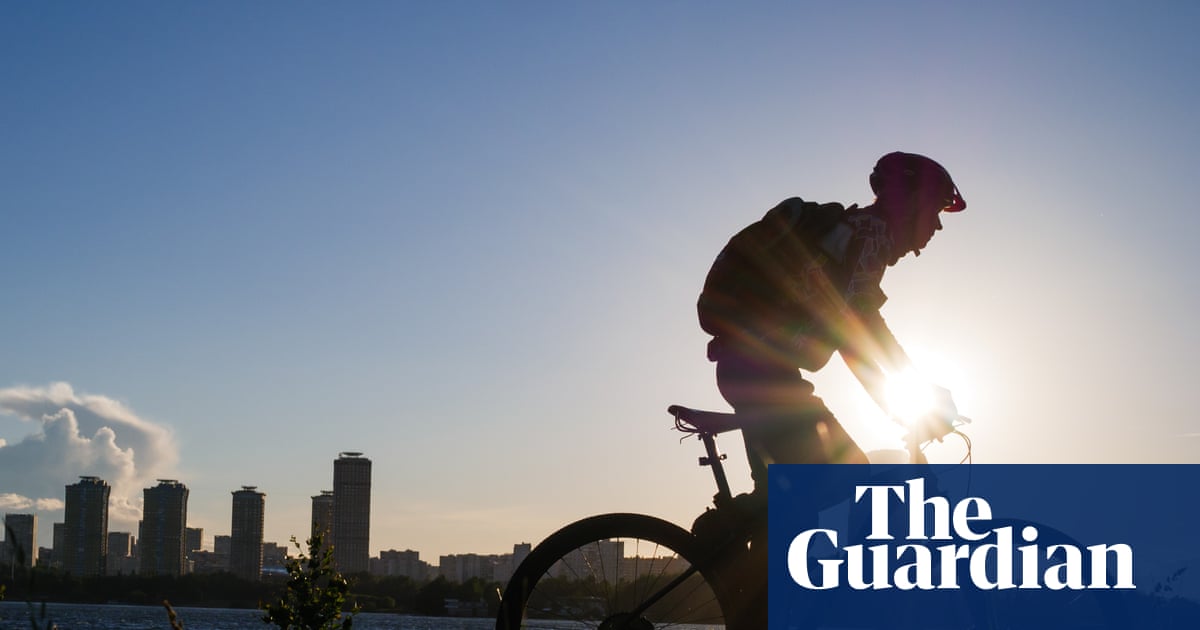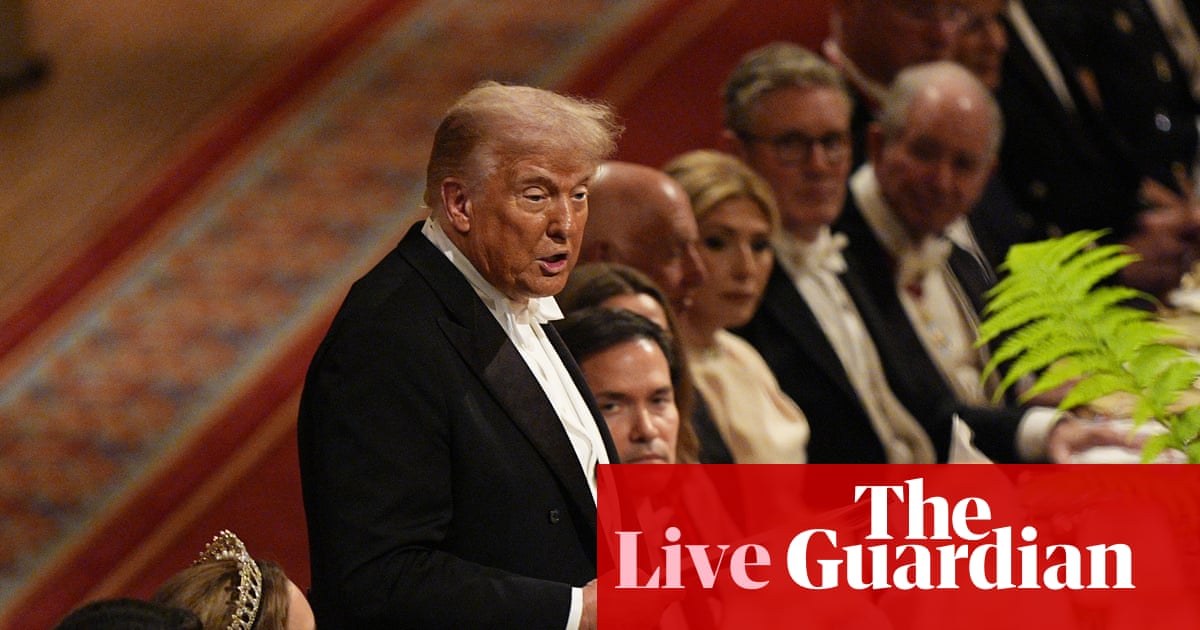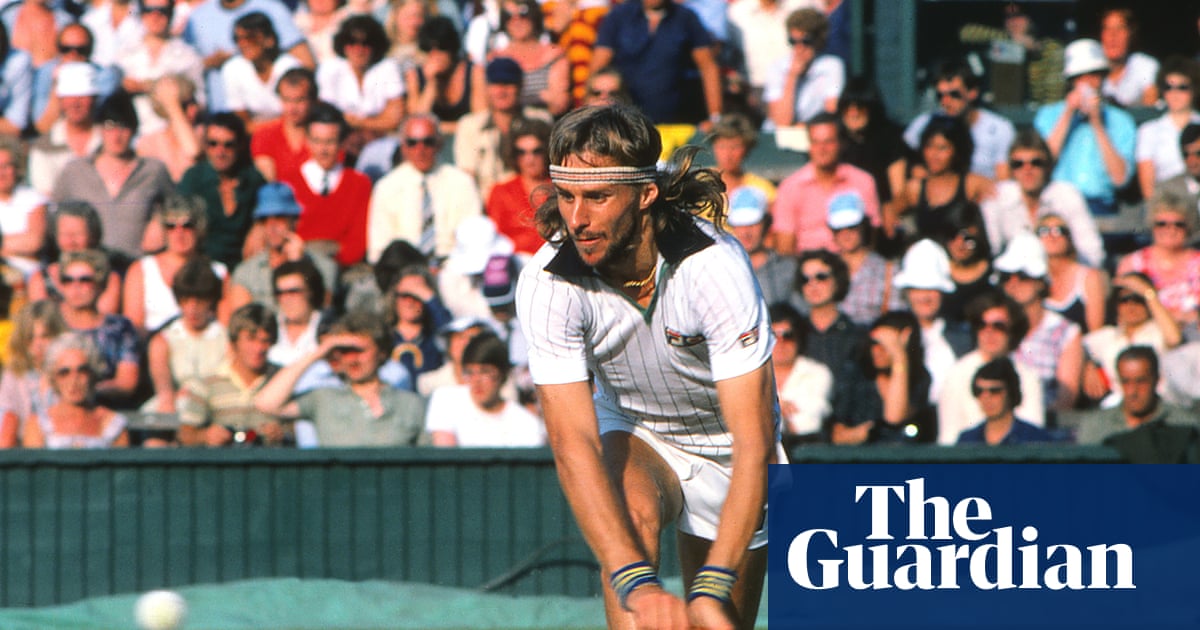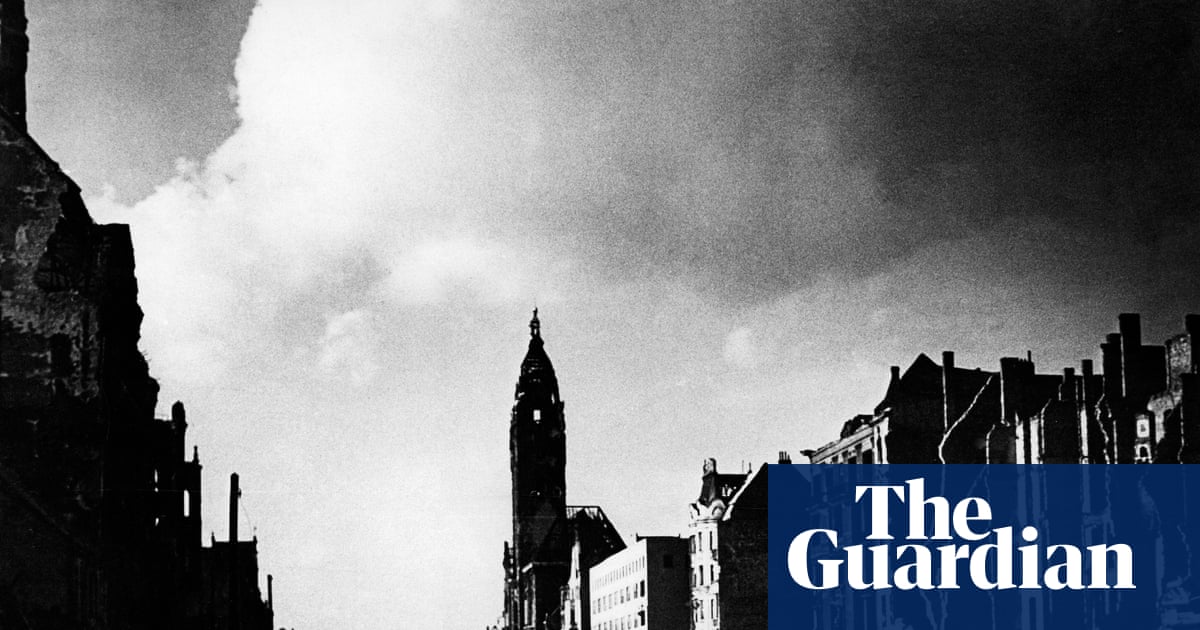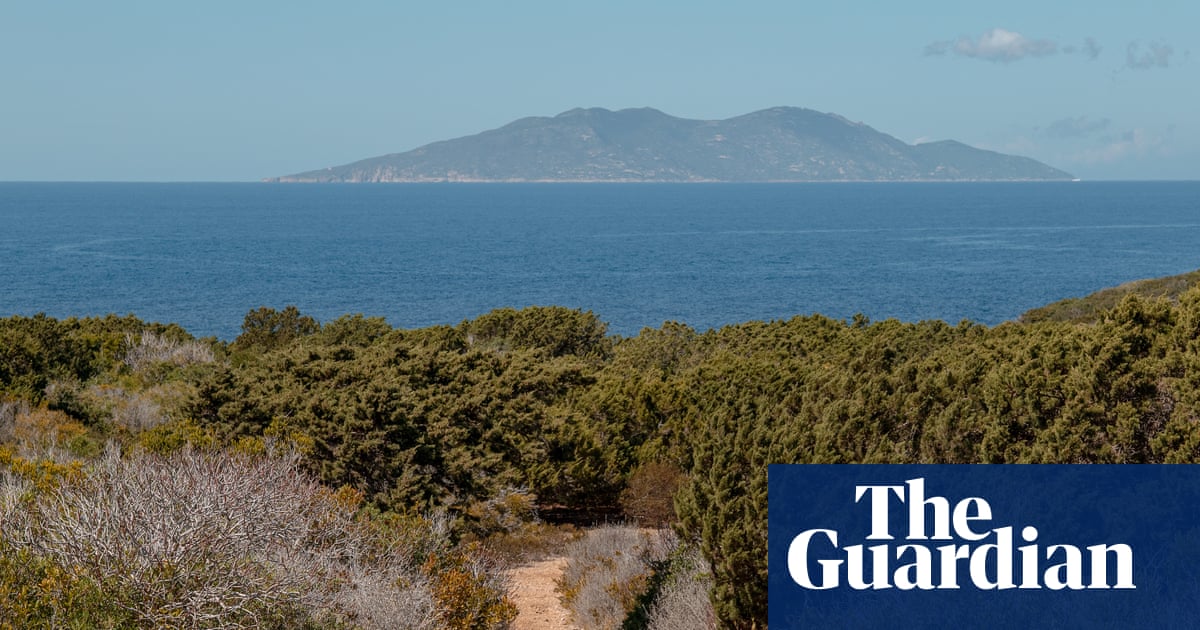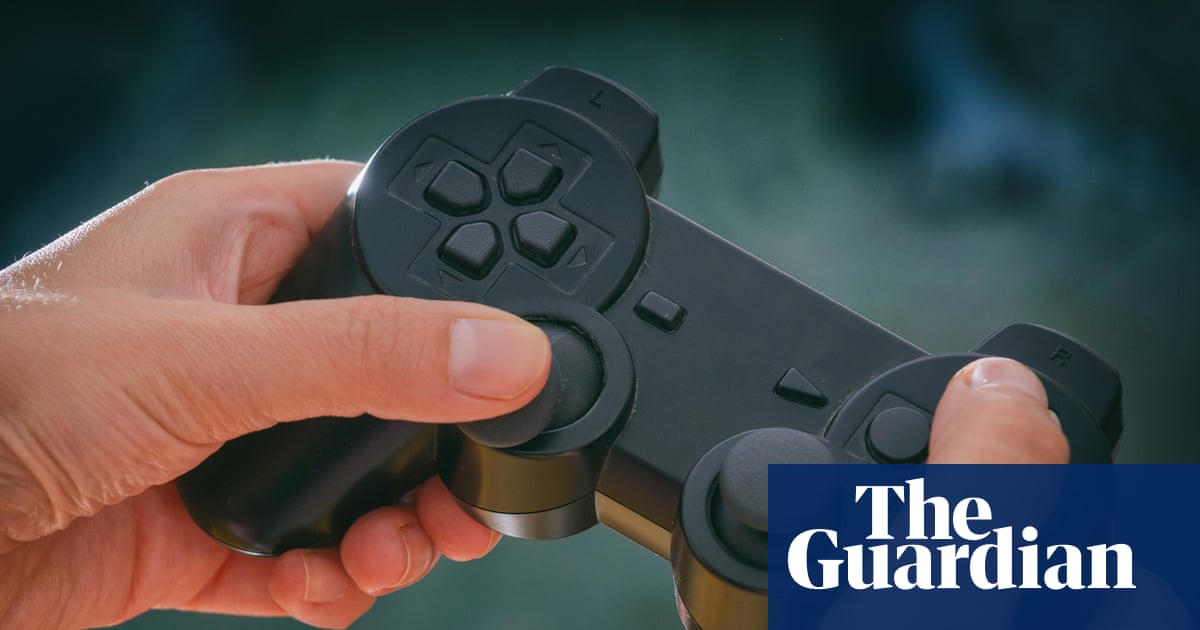Channel 4’s latest attempt to straddle the line between televised humiliation and light titillation came to an end this week. Virgin Island documented a two-week bootcamp for 12 “courageous virgins”, whisked off to Mamma Mia!-style surrounds and delivered into the hands of self-proclaimed experts with job titles such as “emotional intimacy coach”, “surrogate partner therapist” and “sexological bodyworker”. These professionals were meant to help them overcome physical and emotional hang-ups around sex, and offered a kind of hands-on, public therapy that for most of us previously existed only in nightmares.
Having watched the entire series across an especially sedentary weekend, I’m in no position to doubt that this sometimes made for maddeningly good TV. From tutorials in oral sex to animal role-play, the whole affair resembled a sun-kissed gameshow with a few premature ejaculations scattered in for good measure. At the end of the series, only one contestant had lost their virginal status, and it briefly seemed possible that the grinning individual in question might be presented with a Bullseye-style prize for doing so – a Nissan Micra for your victory in the boudoir, perhaps?
Miles from the mainland, with nothing but deep-rooted psychological trauma or diagnosable medical disorders to get in the way, Virgin Island positioned itself as a locus of pure fantasy. Unfortunately, this was also its downfall. Turning sex into a series of uncomfy routines to be memorised and performed (classes included practising ‘“smooth transitions” from one position to another, or learning exactly when during a dinner date to kiss your partner’s hand in the manner of a serial killer), the show seemed unable to admit that sex is not only a physical challenge but a social phenomenon, one bound up with unpredictability, rejection and power.
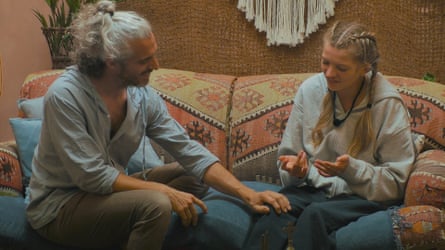
Still, the oddly evacuated social politics of sex kept cropping up. Cast member Charlotte spoke about trying to work through issues with shame, but had few qualms about humiliating others, openly repulsed by the “horrible stretch marks” of civil servant Ben. When anxious Emma, 23, was paired with confident, middle-aged “sexological bodyworker” Thomas, she was visibly uncomfortable. The optics of their pairing – and how unlikely it was to help Emma – seemed not to matter.
Then there was Zac, the villain of the piece. In one scene, he dished out a range of objectifying compliments to the women of the show. These women had little interest in finding out whether they would be winners (“banging body”) or losers (“good sense of humour”) in Zac’s personal hotness Olympics, but on he went regardless. Zac seemed to have almost no issues around sex, other than his lack of it. He described his intense impatience as his coach delayed penetrative sex, seemingly keen to race through the steadily paced structure of the programme in which individuals graduated through various sex acts only if and when the experts deemed them ready. His best explanation was, fascinatingly, that perhaps she was intimidated by him. Having said as much, Zac was kindly asked to put on his clothes, but beyond this, Virgin Island seemed totally uninterested in engaging with the behaviours and dynamics actually exhibited by the group.
Desire is complex, unpredictable and often indecipherable even by those experiencing it. Nothing about this could have been neatly resolved in six hours, but a gesture to the relationship between what happens in the bedroom and what happens beyond it might have helped. True to the neoliberal navel-gazing that so defines our times, Virgin Island invited its contestants to look only inwards, but more interesting lessons might have been learned if they had observed their relationships with one another, too.
They might have noticed a grimly gendered divide, in which many of the women were indeed intimidated by men, a situation unlikely to be helped by the “up against the wall” practice session where nervous participants were made to forcefully push partners up against a pillar, with as much allegedly sexy conviction as they could muster. What are the connotations of a move like that? Why might some people, sometimes, like it, and some people, sometimes, not? TV producers, fearful of dull detail, might be sceptical, but for my money, those conversations would have produced the most revealing content yet.
From childhood trauma to fantasies of worship, it was clear that for absolutely everyone on the island, sex was inseparable from power. Why, then, couldn’t the programme admit it? Maybe because to open up a conversation about power would risk admitting the odd imbalance at play as paid professionals take an ambiguous pleasure in laying hands on often vulnerable bodies, all while denying a transaction is taking place. The show had little choice but to remove power from the conversation lest it, ironically, expose itself. Perhaps most unexpectedly of all though, in doing so, Virgin Island often boxed itself into a dull little corner of denial. Pretending that sex is a matter for the bedroom alone? You don’t get much more vanilla than that.
-
Jennifer Jasmine White is a writer and academic

 3 months ago
225
3 months ago
225





